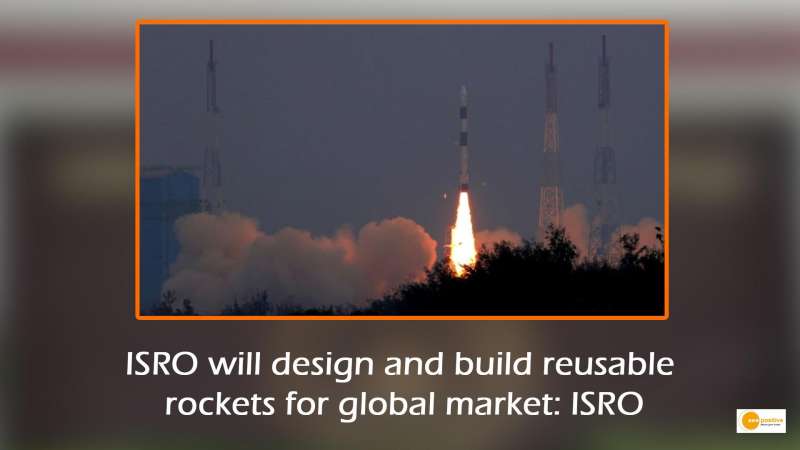

According to a senior Indian government official, India intends to develop and build a new reusable rocket for the international market, which would drastically reduce the cost of launching satellites.
Speaking to reporters after his address at the seventh “Bengaluru Space Expo 2022,” he said that the current cost to launch a kilogram of cargo into space is between 10 to 15 thousand dollars.
“All of us want launches to be much cheaper than what we do today,” Secretary in the Department of Space and Chairman of Indian Space Research Organisation (ISRO) S Somanath said.
“We have to bring it down to USD 5,000 or even USD 1,000 per kg. Only way to do that is to make the rocket reusable. Today in India we don’t have reusable technology yet in launch vehicles (rockets),” Somanath said.
Next will be reusable rocket
“So, the idea is the next rocket that we are going to build after GSLV Mk III should be a reusable rocket,” he added at the inaugural session of the international conference and exhibition.
Somanath stated that ISRO has been working on a variety of technologies, including the one demonstrated last week with the Inflatable Aerodynamic Decelerator (IAD).
ISRO hopes to develop a new, reusable rocket by combining these technologies in collaboration with established businesses, cutting-edge startups, and its commercial arm, New Space India Limited (NSIL).
“This is the idea and we are working on that idea. That idea cannot be ISRO’s alone. It has to be an industry’s idea. So, we will have to work with them in designing a new rocket, not only designing it, engineering it, manufacturing it and launching it as a commercial product and operating it in a commercial manner,” he said.
“We would like to see such a rocket, a rocket which will be competitive-enough, a rocket that will be cost-conscious, production-friendly which will be built in India but operated globally for the services of the space sector. This should happen in the next few years so that we can retire all those operating launch vehicles (in India) at appropriate time,” he said.


